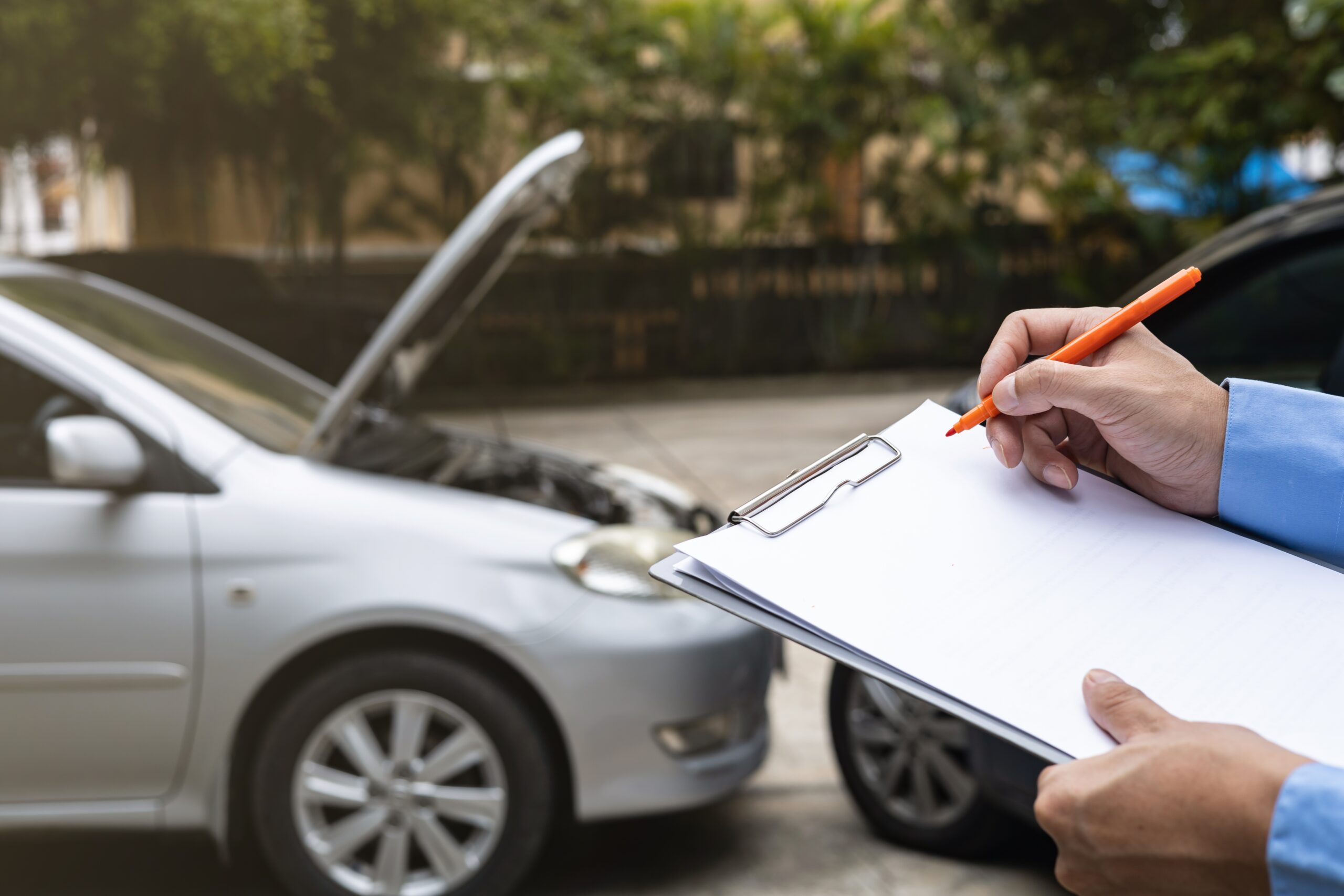Slip and fall accidents are sudden, scary, and potentially devastating, especially when they happen to the elderly. The injuries from a slip and fall accident can include broken bones, torn ligaments, a dislocated hip, head injuries, or even spinal cord damage. Along with suffering great physical pain, victims of this ordeal are often left dealing with substantial medical bills, lost wages from not working, and long-term health consequences.
If someone else’s negligence created the conditions for your slip and fall accident to happen, you might be entitled to compensation from the liable party.
Negligence and Liability in a Slip and Fall Accident
One minute you’re walking normally, and the next moment, you’re sprawled on the ground after having slipped or tripped due to an unexpected hazard. This hazardous situation is often the direct result of negligence on behalf of the property’s owner or caretaker, who failed to exercise reasonable care in maintaining the premises.
All property owners must keep their indoor and outdoor spaces safe for visitors, guests, employees, and customers.
In Virginia, for example, the threshold for liability in a slip and fall accident includes proving:
- The liable party knew, or should reasonably have known, about a hazardous situation on their property.
- The liable party had enough time to address the problem and failed to do so, which can mean either correcting the situation or providing an adequate warning about unsafe conditions.
- The liable party’s negligence exposed you to unnecessary risk and led to your slip and fall accident.
- The incident caused your financial damages.
Common Causes of a Slip And Fall Accident
Some examples of unsafe situations that can be considered negligence include:
- Inadequate lighting: This hazard is a significant issue for parking lots and other outside walkways, especially if there are cracks, potholes, or uneven surfaces. Poorly lit stairs can also lead to a slip and fall accident.
- Tripping hazards: Loose floorboards, carpets with bulges or raised edges, exposed electrical wiring, and other obstructions can all result in serious injuries.
- Slipping hazards: Liquid spills, greasy floors, wet or slippery walkways, and waxed stairs are all considered high risk for a slip and fall.
- Lack of safety measures: Missing or broken handrails on stairs, open utility holes without any barrier, and unsecured construction sites are all explicitly illegal.
Who Is Liable in a Slip and Fall Accident?
In general, the property owner is liable for compensating victims of a slip and fall accident. Still, there are also multiple scenarios where someone else is responsible for maintaining the premises. Depending on the details of your case, some other likely liable parties are:
The Company Operating on the Property
A business that rents a commercial space also assumes liability for a slip and fall on the premises. One exception is a large-scale maintenance issue that the property owner should handle.
Homeowners
Slip and fall claims are more likely to be filed when an incident happens on commercial property, partly because the law holds businesses to a higher safety standard. However, private homeowners have a legal obligation to make their property reasonably safe for guests or visitors who have a valid reason to be on the property. That means they can potentially be liable for negligence after a slip and fall.
For example, a delivery person that falls and gets injured because of a tripping hazard on your front walkway can sue the homeowner for damages.
Tenants
Property owners are not usually liable for a slip and fall accident inside an apartment rented to someone else. In this case, the victim would likely file for damages from the responsible party’s renters’ insurance.
Municipalities
Cities and towns must maintain streets, sidewalks, parks, and other public spaces reasonably. Victims of a slip and fall accident caused by potholes, overgrown tree roots, or poorly-lit walkways could pursue a negligence claim against the government that should have been responsible.
Construction Companies
Building sites are known for creating dangerous conditions that can potentially injure pedestrians in the immediate area, such as debris that doesn’t get cleaned up. In this case, the construction company managing the site would be legally responsible for creating hazards that lead to severe injuries.
Why Slip and Fall Accidents Are Hard to Win
If you were a victim of a slip and fall accident, be prepared for the other side to argue vigorously that you were responsible for what happened.
Some of the standard arguments used against slip and fall victims are:
- “Your shoes were not adequate.”
- “You weren’t paying enough attention to your surroundings to avoid getting hurt.”
- “The unsafe conditions should have been reasonably obvious.”
- “There was a sign posted about the hazards in this area.”
These claims are often dubious, but winning compensation is best suited to an experienced slip and fall attorney who can push back forcefully and build a solid negligence case against the property's owners or caretakers.
If a slip and fall accident hurt you, don't allow the tactics of property owners and their insurance companies discourage you. Reach out to a skilled slip and fall attorney to discuss the details of your case and examine the best options for getting compensation for your physical and financial damages.


